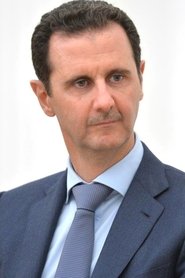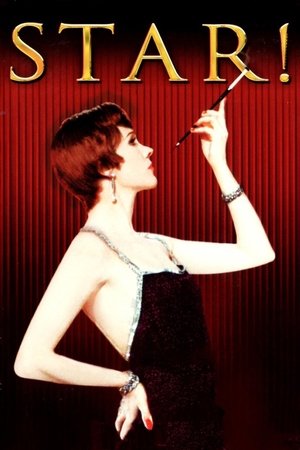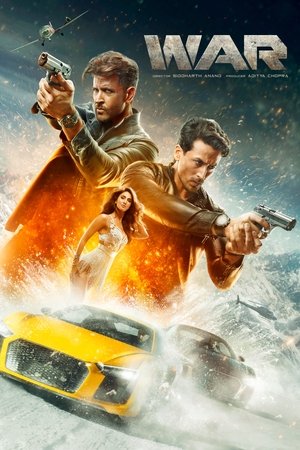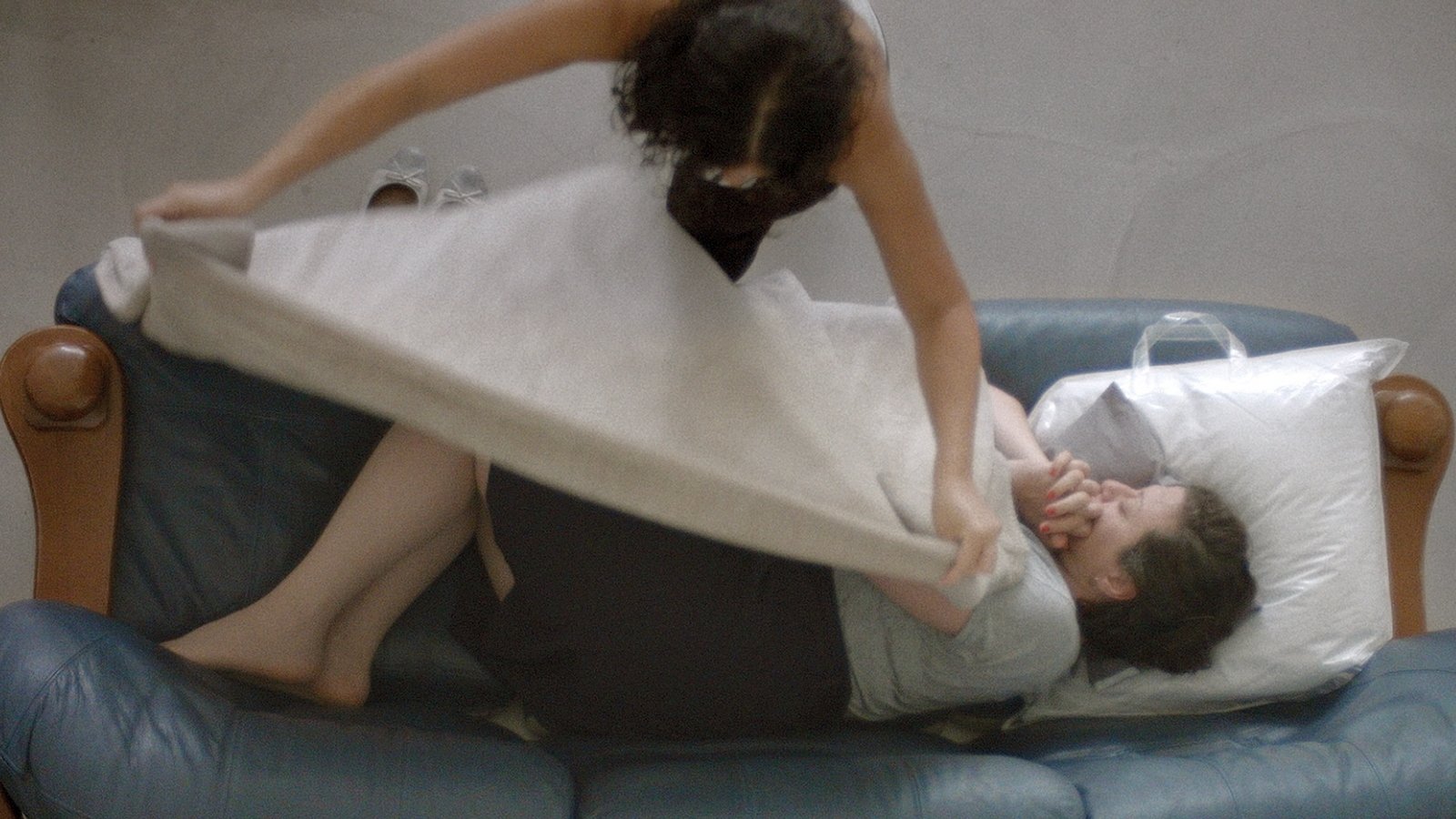
Republic of Silence
Top 4 Billed Cast
Similar Movies
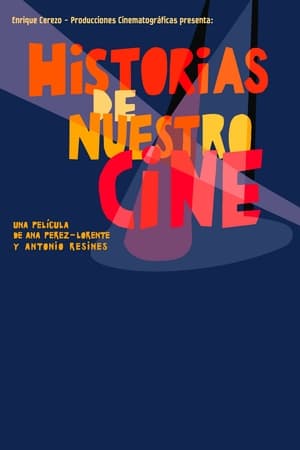 5.5
5.5Stories of Our Cinema(es)
In Spain, on May 11, 1896, at the Price circus, the first moving images ever shown in the country are projected. From that event, the Spanish actor Antonio Resines intends to compile a series of anecdotes to shape the amazing history of Spanish cinema, holding several conversations with prominent figures of the Spanish film industry.
 7.0
7.0Solidarność: How Solidarity Changed Europe(de)
Gdańsk, Poland, September 1980. Lech Wałęsa and other Lenin shipyard workers found Solidarność (Solidarity), the first independent trade union behind the Iron Curtain. The long and hard battle to bring down communist dictatorship has begun.
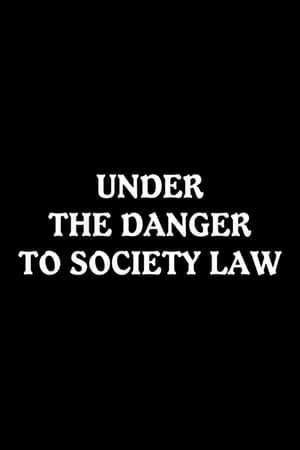 2.0
2.0Under the Danger to Society Law(es)
Barcelona, Spain, June 1977. A chronicle of a demonstration held to demand the repeal of a 1970 Francoist law criminalizing homeless, prostitutes and homosexuals.
 7.3
7.3The Pervert's Guide to Cinema(en)
A hilarious introduction, using as examples some of the best films ever made, to some of Slovenian philosopher and psychoanalyst Slavoj Žižek's most exciting ideas on personal subjectivity, fantasy and reality, desire and sexuality.
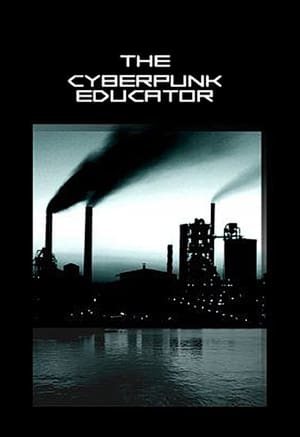 0.0
0.0The Cyberpunk Educator(en)
A 2003 documentary study of mainstream Cyberpunk films of the 1980s created by director Andrew J. Holden. The film uses the structure of literary theorist Northrop Frye to describe the common, repeating stories in Western culture, and how Cyberpunk can be defined and understood according to that analysis, with a focus toward American film industry portrayal of race, gender, and government.
 5.5
5.5Nice Girls Don't Stay for Breakfast(en)
In the late 1990s, iconic photographer Bruce Weber barely managed to convince legendary actor Robert Mitchum (1917-97) to let himself be filmed simply hanging out with friends, telling anecdotes from his life and recording jazz standards.
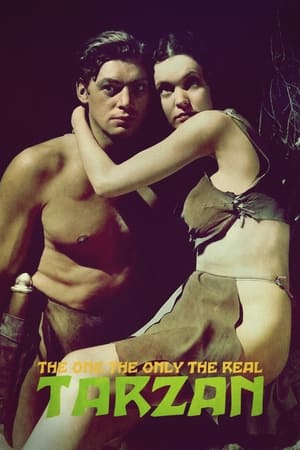 7.2
7.2The One, the Only, the Real Tarzan(de)
The glorious and tragic story of American athlete and actor Johnny Weissmuller (1904-84), Olympic swimmer, water polo player and the only true Tarzan, an archetypal character and myth of cinema, that of the original Hollywood blockbusters (1932-48).
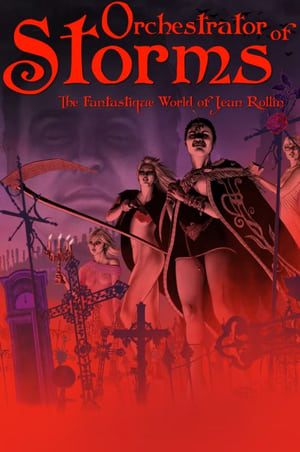 0.0
0.0Orchestrator of Storms: The Fantastique World of Jean Rollin(en)
The story of French filmmaker Jean Rollin (1938-2010), one of the most singular voices of European cult cinema, deeply misunderstood and widely misrepresented.
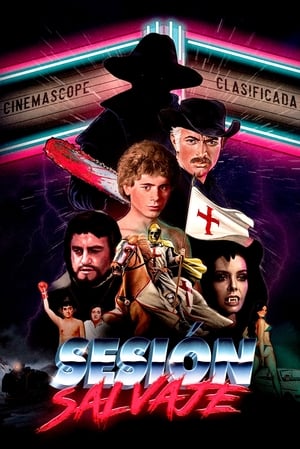 6.9
6.9Wild Session(es)
A walk through the golden age of Spanish exploitation cinema, from the sixties to the eighties; a low-budget cinema and great popular acceptance that exploited cinematographic fashions: westerns, horror movies, erotic comedies and thrillers about petty criminals.
 6.4
6.4Hitler's Hollywood(de)
Film journalist and critic Rüdiger Suchsland examines German cinema from 1933, when the Nazis came into power, until 1945, when the Third Reich collapsed. (A sequel to From Caligari to Hitler, 2015.)
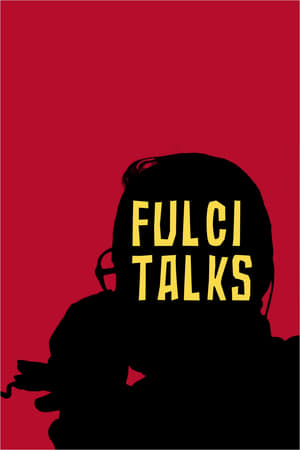 6.8
6.8Fulci Talks(it)
Rome, Italy, June 1993. Antonietta De Lillo and Marcello Garofalo interview legendary Italian film director Lucio Fulci (1927-96).
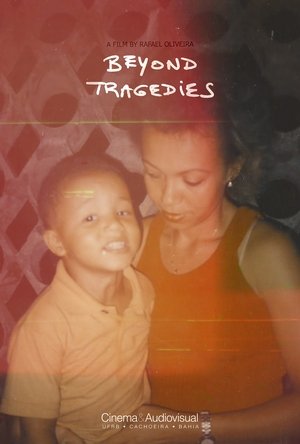 4.0
4.0Beyond Tragedies(pt)
Recalling his childhood and relationship with his mother, a film student tries to understand the origin of his love for cinema and tragedies.
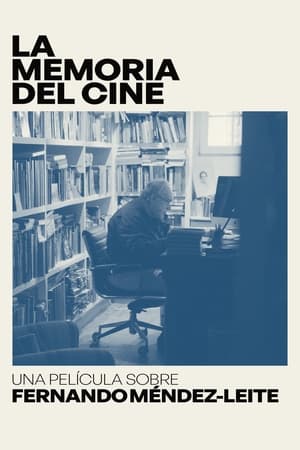 6.4
6.4The Memory of Cinema: A Film About Fernando Méndez-Leite(es)
A look at the life and work of Spanish filmmaker and film critic Fernando Méndez-Leite, as he writes his memoirs and a novel with autobiographical resonances.
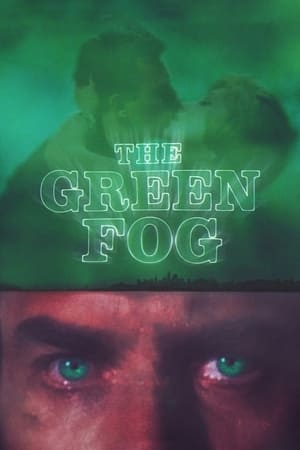 6.0
6.0The Green Fog(en)
A tribute to a fascinating film shot by Alfred Hitchcock in 1958, starring James Stewart and Kim Novak, and to the city of San Francisco, California, where the magic was created; but also a challenge: how to pay homage to a masterpiece without using its footage; how to do it simply by gathering images from various sources, all of them haunted by the curse of a mysterious green fog that seems to cause irrepressible vertigo…
 6.1
6.1Las cinéphilas(es)
Six elderly retired women, two from Buenos Aires, Argentina; two from Montevideo, Uruguay; and two from Madrid, Spain, have something in common, despite their different interests and lives: they go to the movies almost every day.
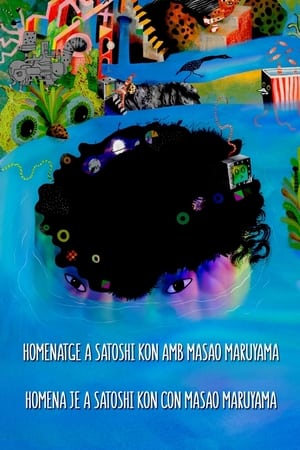 4.0
4.0Homage to Satoshi Kon with Masao Maruyama(ca)
Japanese Masao Maruyama, co-founder of the Madhouse studio and producer of the cult films Perfect Blue and Tokyo Godfathers talks about the fantastic universe of mangaka and filmmaker Satoshi Kon (1963-2010), one of the most brilliant and fascinating authors of world animation, ten years after his death.
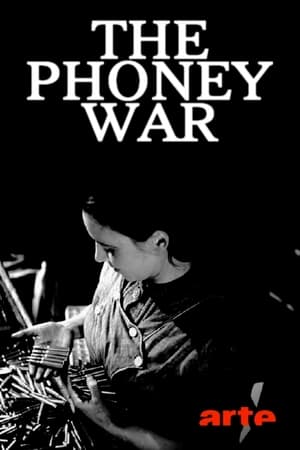 8.0
8.0The Phoney War(fr)
September 3rd, 1939. Britain and France declare war on Nazi Germany, only two days after the Wehrmacht invades Poland. This day, the sad date when the fate of the world changed forever, the Phoney War began: eight months of uncertainty, preparations, evacuations and skirmishes.
 6.8
6.8Movies by Machine - AI and Cinema(de)
As artificial intelligence becomes ever more sophisticated, the film industry is split between enthusiasm at what the technology can achieve and concern over the future for human workers in the industry. Will actors and actresses be replaced by machines? An overview on the coming wave of AI in cinema.
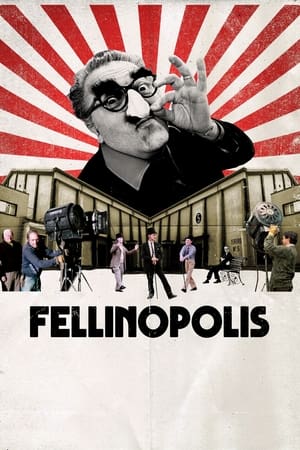 6.5
6.5Fellinopolis(it)
Ferruccio Castronuovo was the only authorized eye, between 1976 and 1986, to film the brilliant Italian filmmaker Federico Fellini (1920-1993) in his personal and creative intimacy, to capture the gears of his great circus, his fantastic lies and his crazy inventions.
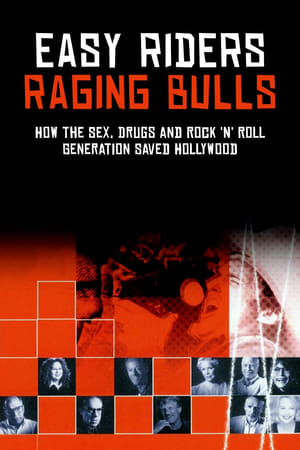 7.1
7.1Easy Riders, Raging Bulls: How the Sex 'n' Drugs 'n' Rock 'n' Roll Generation Saved Hollywood(en)
The chronicle of the mind-blowing journey that was Hollywood during the seventies; the true and gripping story of the last golden age of American cinema, an exalted celebration of creativity and experimentation; but also of sex, drugs and rock 'n' roll: a turbulent and dark tale of ambition, envy, betrayal, hatred and self-destruction.
Recommendations Movies
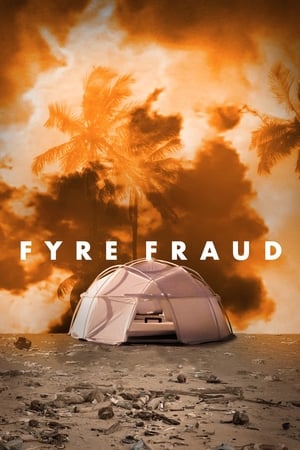 6.4
6.4Fyre Fraud(en)
A true-crime comedy exploring a failed music festival turned internet meme at the nexus of social media influence, late-stage capitalism, and morality in the post-truth era.
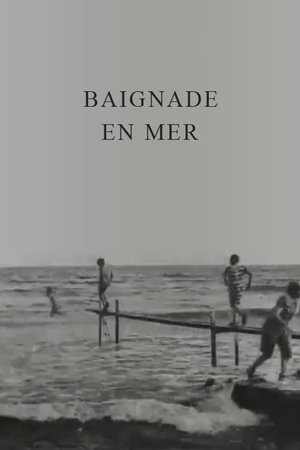 5.5
5.5Swimming in the Sea(fr)
Several little boys run along a pier, then jump into the ocean.
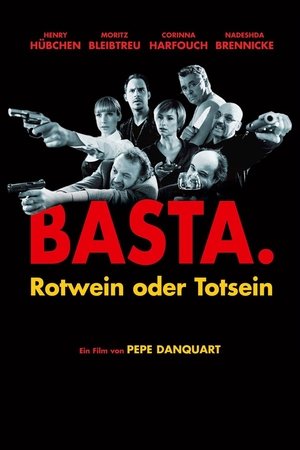 7.1
7.1C(r)ook(de)
A killer for the Russian Mafia in Vienna wants to retire and write a book about his passion - cooking. The mafia godfather suspects treason.
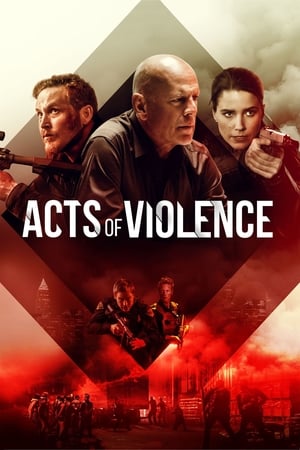 5.6
5.6Acts of Violence(en)
When his fiancee is kidnapped by human traffickers, Roman and his ex-military brothers set out to track her down and save her before it is too late. Along the way, Roman teams up with Avery, a cop investigating human trafficking and fighting the corrupt bureaucracy that has harmful intentions.
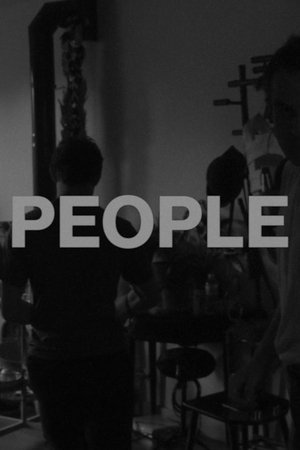 7.8
7.8People(fr)
People is a film shot behind closed doors in a workshop/house on the outskirts of Paris and features a dozen characters. It is based on an interweaving of scenes of moaning and sex. The house is the characters' common space, but the question of ownership is distended, they don't all inhabit it in the same way. As the sequences progress, we don't find the same characters but the same interdependent relationships. Through the alternation between lament and sexuality, physical and verbal communication are put on the same level. The film then deconstructs, through its repetitive structure, our relational myths.
12(en)
After blowing his professional ballet career, John's only way to redeem himself is to concoct the demise of his former partner, Leah, who he blames for his downfall; he rehearses his salvation in his mind in the way that he rehearses a dance, but being able to break from the routine will be the key to his success.
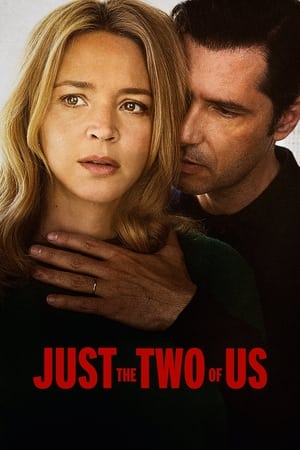 7.0
7.0Just the Two of Us(fr)
When Blanche meets Grégoire, she thinks she has found the one. The ties that bind them grow quickly, and a passionate affair ensues. Together, they relocate. For Blanche, far from her family, from her twin sister, Rose, a new life begins. But little by little, she finds herself caught in the grip of a deeply possessive and dangerous man.
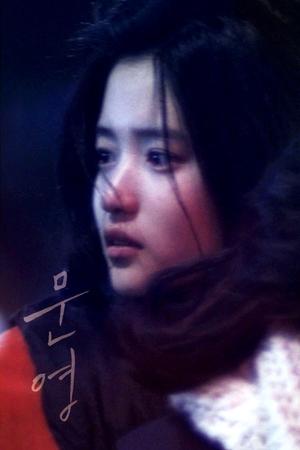 6.8
6.8Moon-young(ko)
Mute Moon-young records people's faces with her small camcorder on the subway. One day, she avoids her drunk father at home and films Hee-soo who is crying over saying goodbye to her boyfriend and gets caught. The two feel some sort of kinship and become closer.
 6.4
6.4Cross Road(ja)
High school students Miho and Shouta are preparing for college entrance examinations. Miho comes from an island without even one cram school, while Shouta lives in Tokyo and works a part-time job. Both are striving to pass exams so they can enter college. The pair enroll in Z-Kai's correspondence education courses, and their lives cross before they realize it.
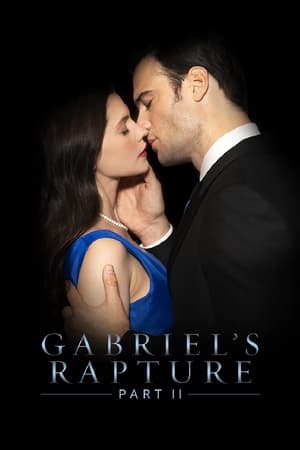 8.2
8.2Gabriel's Rapture: Part II(en)
In the fifth installment of the Gabriel's Inferno series, Gabriel and Julia’s happiness is threatened by a conspiring student and academic politics. When Gabriel is confronted by the university administration, will he succumb to Dante's fate? Or will he fight to keep Julia, his Beatrice, forever?
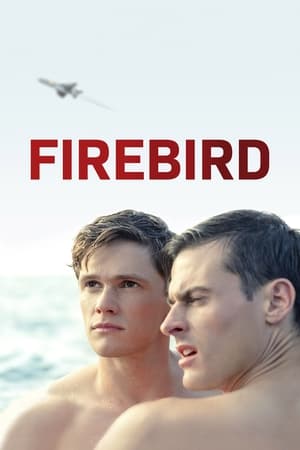 7.4
7.4Firebird(en)
At the height of the Cold War, a troubled soldier forms a forbidden love triangle with a daring fighter pilot and his female comrade amid the dangerous surroundings of a Soviet Air Force Base.
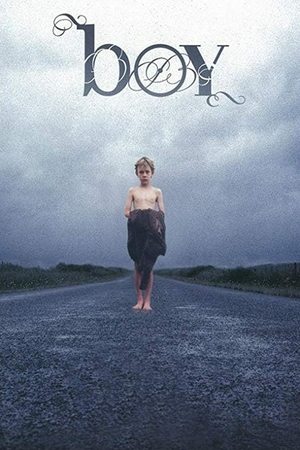 5.9
5.9Boy(en)
Boy is the unsettling story of a young male prostitute, or Rent Boy, in a small rural town who learns the truth behind a hit and run accident which has killed a local girl. When the news of the girls death spreads through the community, the driver and his family decide that the boy must be silenced. The set out to scare him into silence. The pressure becomes more and more violent, but despite this, the boy battles to expose the truth.
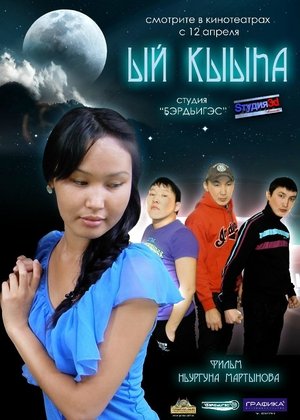 6.3
6.3Girl on the Moon(ru)
Someone from another planet crashed on Earth and evil is chasing him, and then love appears, and it defeats evil through an amulet.
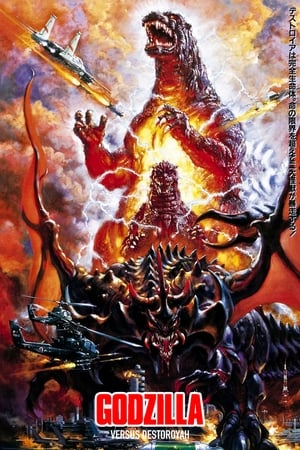 7.8
7.8Godzilla vs. Destoroyah(ja)
A burning Godzilla, on the verge of meltdown, emerges to lay siege to Hong Kong. At the same time horrifying new organisms are discovered in Japan. These crustacean-like beings are seemingly born of the Oxygen Destroyer, the weapon that killed the original Godzilla.
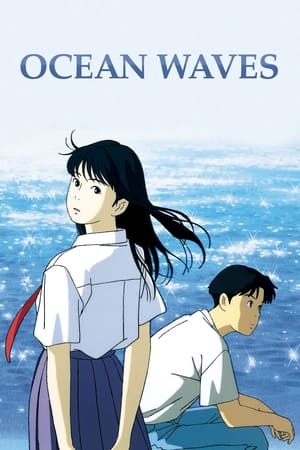 6.4
6.4Ocean Waves(ja)
At Kichijōji Station, Tokyo, Taku Morisaki glimpses a familiar woman on the platform opposite boarding a train. Later, her photo falls from a shelf as he exits his apartment before flying to Kōchi Prefecture. Picking it up, he looks at it briefly before leaving. As the aeroplane takes off, he narrates the events that brought her into his life...
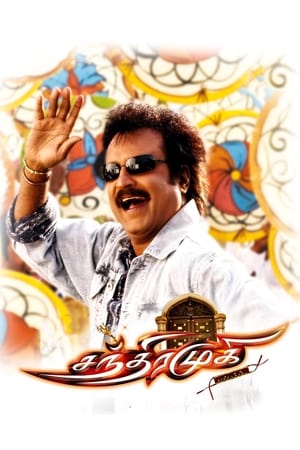 6.9
6.9Chandramukhi(ta)
Creepy happenings in an abandoned mansion are attributed to the ghost of an ancient courtesan, back for revenge.
 6.9
6.9The Five Obstructions(da)
Lars von Trier challenges his mentor, filmmaker Jørgen Leth, to remake Leth’s 1967 short film The Perfect Human five times, each with a different set of bizarre and challenging rules.
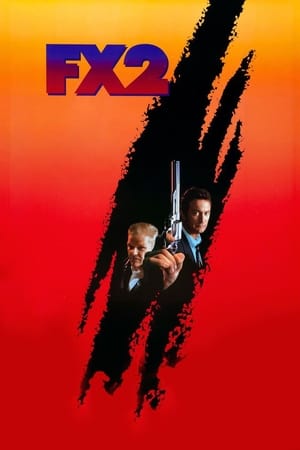 6.3
6.3F/X2(en)
F/X man Rollie Tyler is now a toymaker. Mike, the ex-husband of his girlfriend Kim, is a cop. He asks Rollie to help catch a killer. The operation goes well until some unknown man kills both the killer and Mike. Mike's boss, Silak says it was the killer who killed Mike but Rollie knows it wasn't. Obviously, Silak is involved with Mike's death, so he calls on Leo McCarthy, the cop from the last movie, who is now a P.I., for help and they discover it's not just Silak they have to worry about.
